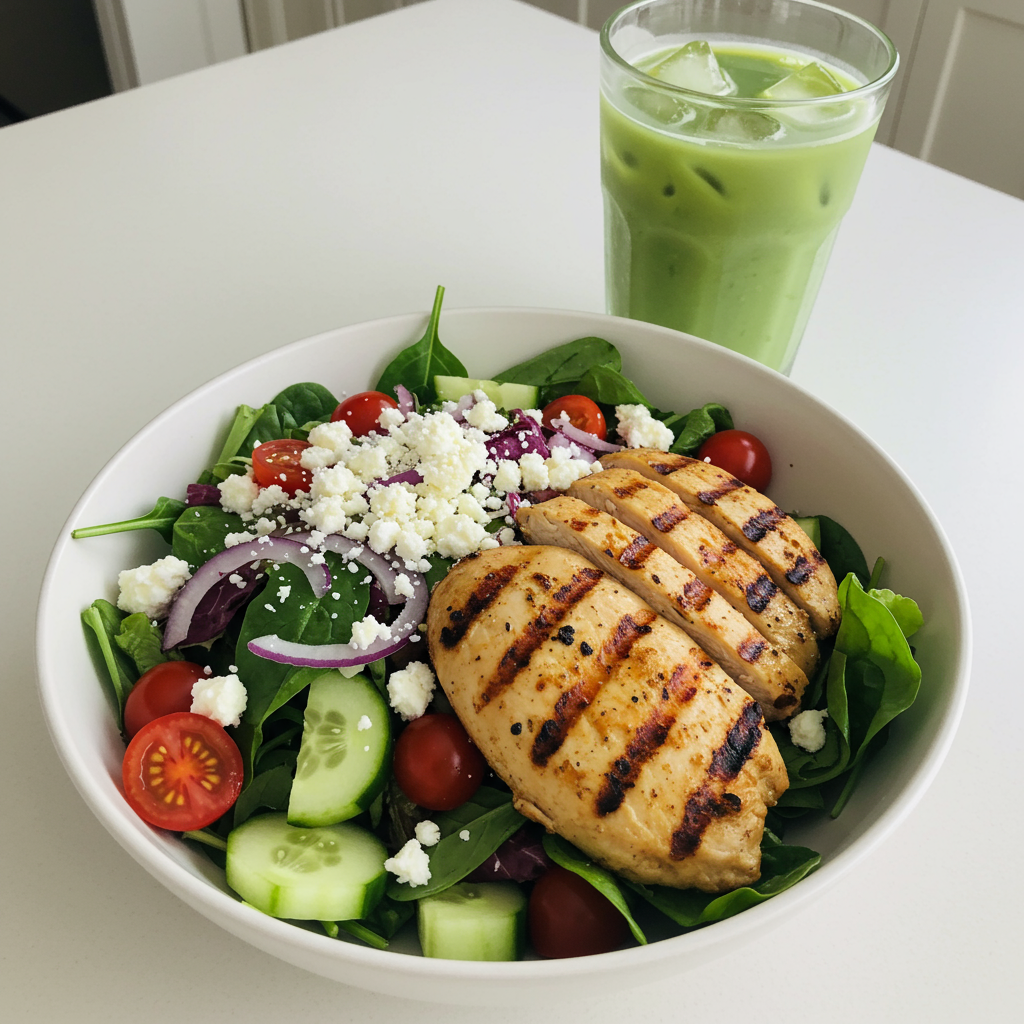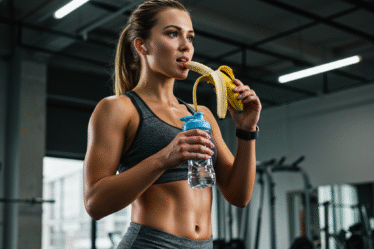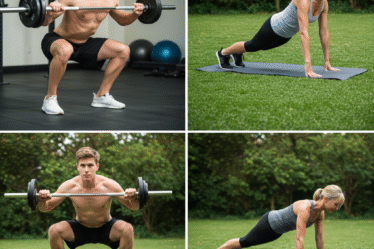
After an intense workout, your body craves replenishment. Understanding the right foods to consume post-exercise is crucial for maximizing muscle recovery, reducing soreness, and fueling your next performance. This isn’t just about grabbing a protein shake; it’s about providing your body with the optimal combination of nutrients it needs to rebuild and adapt.
One of the most important considerations is replenishing glycogen stores, the primary fuel source for your muscles. Depleted glycogen levels contribute to fatigue and hinder your ability to perform at your best in subsequent workouts. Complex carbohydrates, like sweet potatoes, brown rice, and quinoa, are excellent choices. They provide a sustained release of energy, helping to restore glycogen and promote muscle recovery.
Protein is equally vital. Exercise creates microscopic tears in muscle fibers, and protein provides the building blocks needed for repair and growth. Lean protein sources, such as grilled chicken, fish, tofu, or Greek yogurt, are ideal. Combining carbohydrates and protein post-workout has been shown to enhance glycogen replenishment and muscle protein synthesis more effectively than consuming either nutrient alone.
Don’t forget about hydration! Replenishing fluids lost through sweat is essential for optimal recovery. Water is always a good choice, but electrolyte drinks can be beneficial, especially after particularly strenuous workouts. These drinks help restore electrolyte balance and can improve hydration status more effectively than water alone.
While the focus is often on macronutrients, micronutrients play a supporting role in recovery too. Foods rich in antioxidants, such as berries and dark leafy greens, can help combat oxidative stress caused by exercise. Including these nutrient-dense foods in your post-workout meal can further enhance recovery and overall health.
Timing also matters. Ideally, you should consume a post-workout meal or snack within 30-60 minutes of finishing your exercise. This is when your muscles are most receptive to nutrients. If a full meal isn’t feasible immediately, a quick snack like a banana with peanut butter or a protein shake can tide you over until you can sit down to a more substantial meal.
Ultimately, the best post-workout nutrition strategy is personalized. Factors such as the intensity and duration of your workout, your individual dietary needs, and your overall fitness goals should all be considered. Experiment with different combinations of carbohydrates, protein, and healthy fats to find what works best for you. Pay attention to how your body responds and adjust your approach accordingly. By fueling your body with the right nutrients after exercise, you can optimize your recovery, maximize your results, and feel your best.



